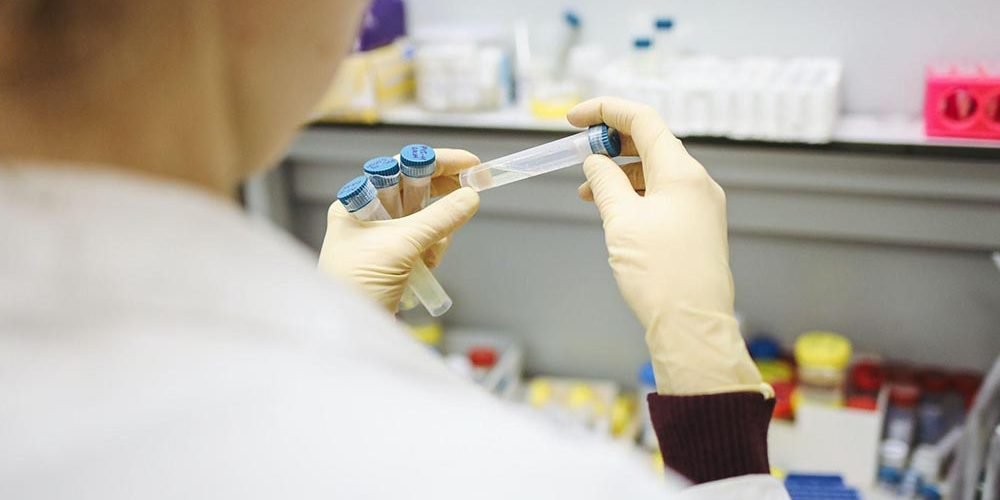When we think of psychedelic drugs, we often label them as “mind-altering” or “recreational.” However, experts today aim to add “therapeutic” to the list of terms by looking into different psychedelics and their potential benefits to specific mental health conditions.
This guide will help you understand how studies are progressing on the possible therapeutic effects of psychedelic drugs.
Table of Contents
Psychedelics as Mental Health Treatments
While studies continue on psychedelics and their therapeutic effects, results so far show favourable data for aiding mental health conditions. You could be tripping on psychedelics from trusted online dispensaries, However, that product you’re holding could be one of the best medicines against various mental disorders in a few years.
These are some of those psychedelics and their potential benefits:
Psilocybin
One small study found that after administering two doses of psilocybin with supportive psychotherapy, 15 participants with major depressive disorder experienced reduced symptoms compared to the 12 participants that didn’t receive such treatment.
Another study on patients with life-threatening cancer diagnoses, who also had depression or anxiety, found that high doses of psilocybin improved their symptoms with a boost of optimism, especially when given psychological support. Around 80 percent of the participants reported a consistent decrease in anxiety and depressive moods six months later.
Lastly, psilocybin also exhibits compelling results in smoking cessation. This was after 15 participants took the compound and were reported to achieve an 80 percent abstinence rate over six months, compared with patients who only had a 35 percent rate from taking varenicline, a known effective smoking cessation drug. Also, psilocybin shows excellent results in decreasing alcohol cravings.
LSD
One study with 12 participants found that LSD-assisted psychotherapy helped reduce the feeling of anxiety among people with life-threatening conditions who were uneasy about the outcome of their illnesses. A year after treatment, follow-up research found that the effect had lasted among the participants up to that point.
Experts also believe LSD can help with alcohol misuse, potentially solving dependence and cravings, much like psilocybin.
MDMA
MDMA, most commonly known as ecstasy, is mainly known for being a party drug, but experts are slowly changing that image because MDMA has the potential to help in one of the most common mental health conditions today.
A study on 90 participants with PTSD found that 67 percent of those who experienced MDMA-assisted therapy significantly reduced their diagnostic criteria for PTSD weeks after treatment.
What Lies Ahead on Psychedelics for Mental Health
While the future of psychedelic-assisted therapy looks optimistic, it’s important to note that dealing with mental health disorders also takes time. More trials and data are needed to ensure that the outcome will be safer for patients. So, don’t expect these drugs to come up as medicine for mental health conditions anytime soon.
Remember, researchers conducted these studies with a very careful dosage of such drugs while in a clinical setting with a team of experts. Never attempt to self-medicate with these psychedelics if you’re experiencing mental health issues. Always talk to a professional regarding your condition. Have someone beside you who understands what you’re going through instead of recklessly trying them out.





